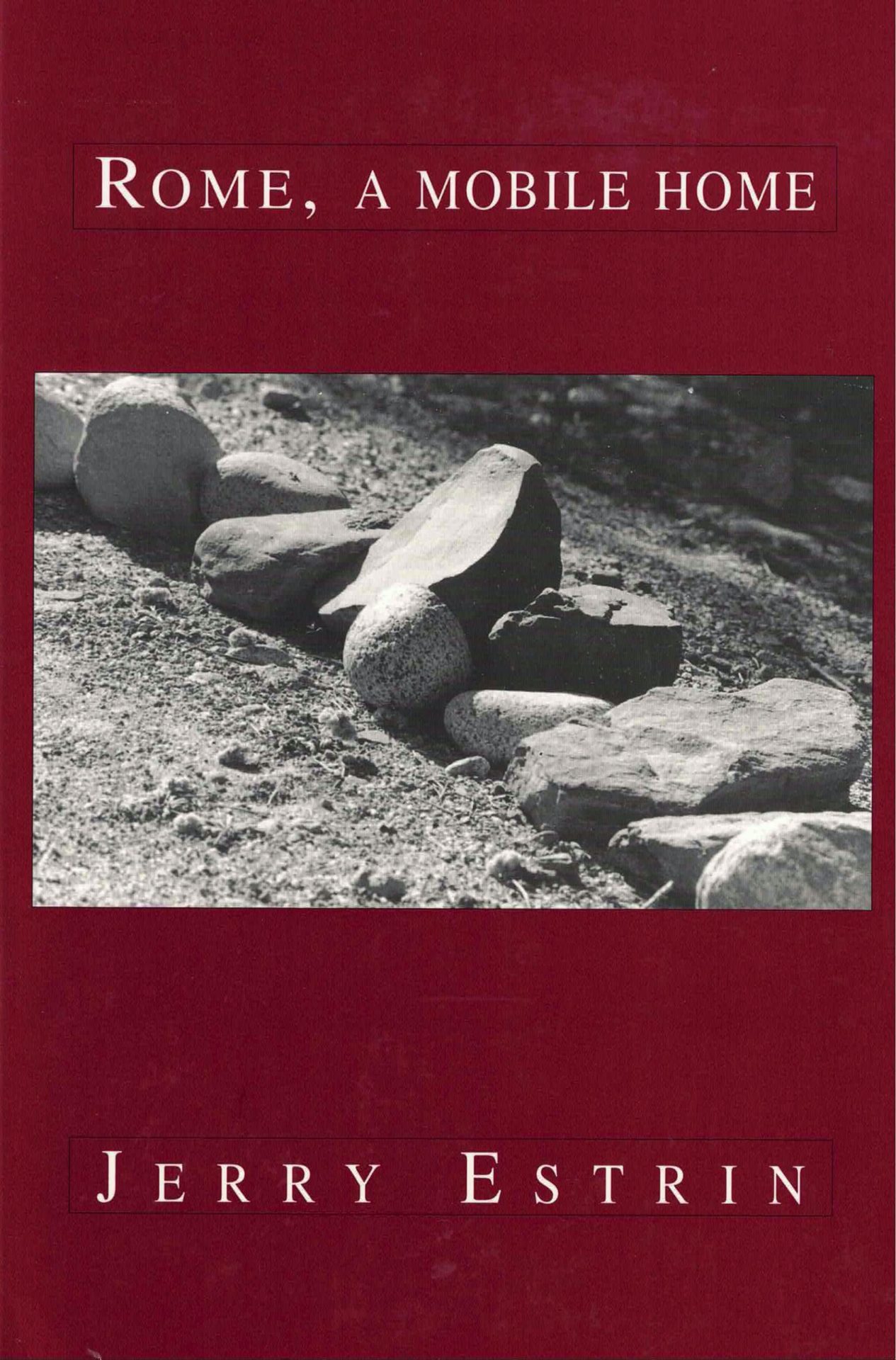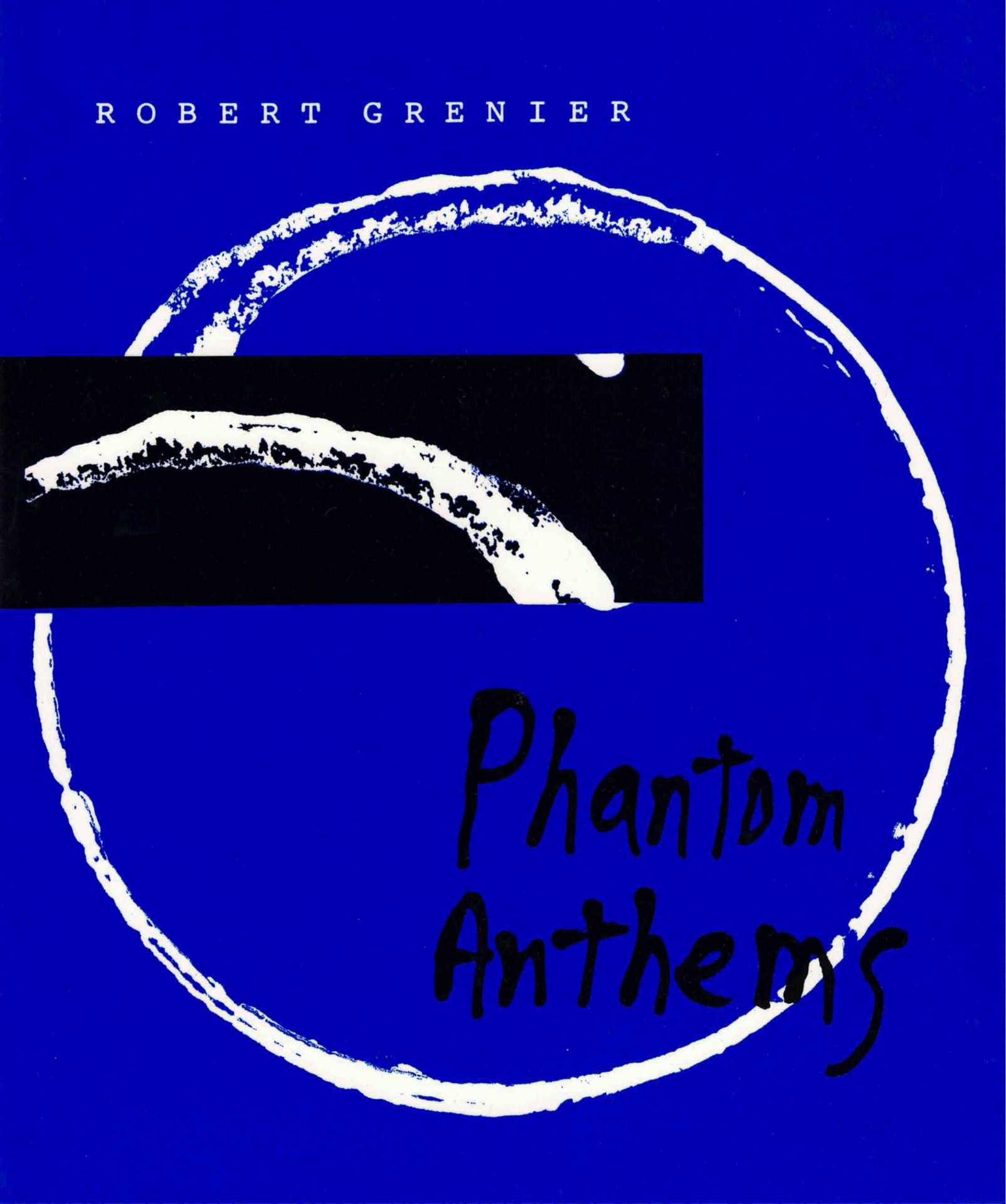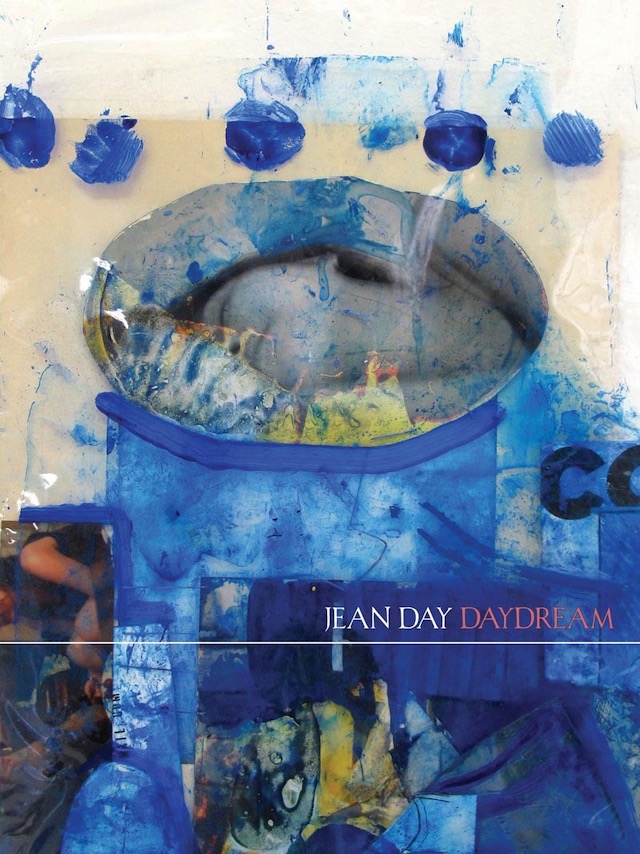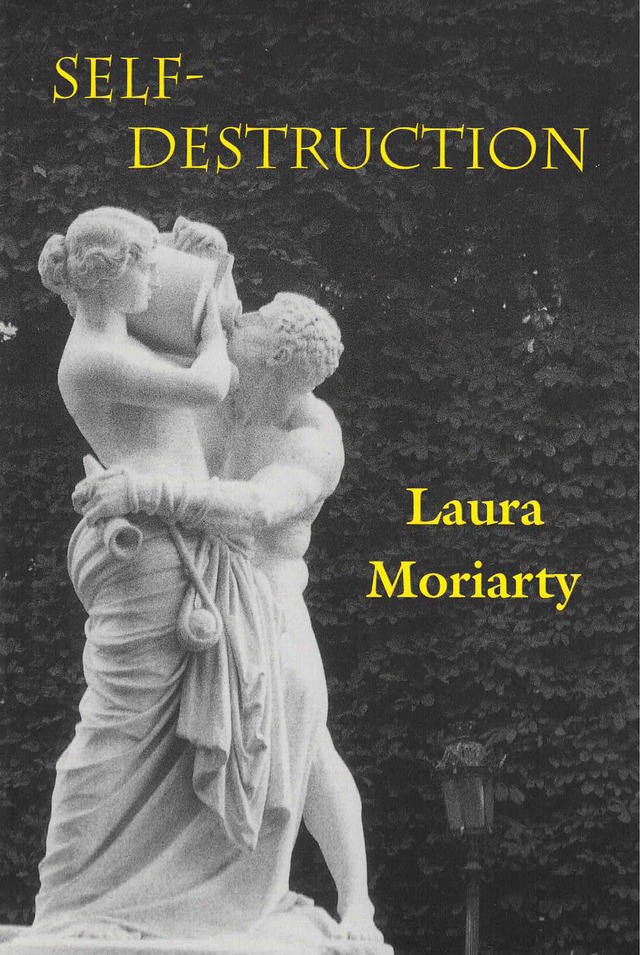Published in collaboration with Roof Books, The Figures, and Potes & Poets. Illustrated by Norma Cole.
Rome, A Mobile Home makes good on its wonderful title: a pleasure and a warning. The sun never sets on the Empire’s trailer/theme park. Estrin takes aim at our culture’s tendency to reductive appropriation with laconic, fearsome wit. The famous (the known) are equivalent: Caesar and Roger Maris. “I will now be visible forever.” We are all implicated. This is where we live. — Rae Armantrout
Jerry Estrin
Praise for Rome, a Mobile Home
Jerry Estrin has devoted his work to a profound ethical debate with what we call history, consisting of those public places (and their times) in which a private person, wandering, most knows his or her presence—and absence. In the various and fascinating works collected here, intellectual motion is itself a position—or, one might say, a moral emotion. The result is a beautiful book—and one whose importance absolutely must not be ignored.
— Lyn Hejinian
Jerry Estrin’s songs are flat-out, epic, condensed, and still as a sunset—songs of bewildering brilliance and decay, they perversely construct the impression of helplessly over-determined, hard-boiled, common sense in/of this thus far advanced avalanche called civilization, history collapsing into an internal present masked as absence: fringe benefit from the producers to the produced, a gift wrapped in an impermeable transparency. These poems face it with honesty, clarity of mind and heart, struggle on all fronts.
— Steve Benson
On the one hand, Rome, A Mobile Home is a scathing critique of the production of culture through the effects of empire and war. And our Synchronistic Citizen. Estrin, has achieved an exquisite orchestration of a poetics that takes on the morally binding and tricky dialogue between the human and the inhuman, between what we can and what we can’t control. This writing provides no reassuring escapes, and for this I am thankful. Rome is a powerful work, worthy of many readings.
— Carla Harryman
Jerry Estrin has gathered together so many “spirit” voices (on a “park bench” by day) so amiably—agréable(-bly)—that, in a poetry “at least as well written as prose,” the batty (“surrealist”) denunciation of the Emperor must do well/shall not be in vain! nor his exemplary/insurrectionist/funny “Citizen’s Dash” of writing/thinking (my daily task)—an absolute (quietly accumulating/accumulated/accomplished) model for us all!
— Robert Grenier





Estrin creates the poem out of equal doses of cubism & Objectivism – the idea of a writing “without inside” is the point at which both join – yet his own position is outside of either.
— Ron Silliman, Silliman’s Blog